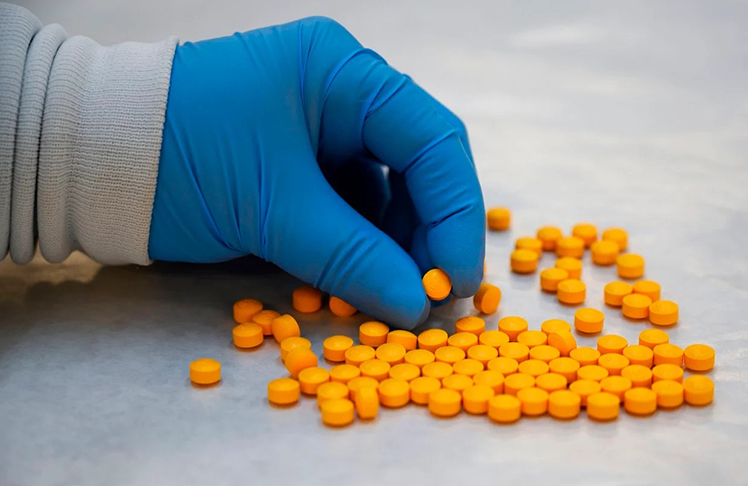
When some people think of Fentanyl, they think of Michael Jackson or Prince. Both were reported to have had the drug in their systems at death. Pharmaceutical fentanyl is a synthetic opioid, approved for treating severe pain, typically advanced cancer pain. It is 50 to 100 times more potent than morphine. Recent cases of fentanyl-related harm, overdose, and death in the U.S. are linked to illegally made fentanyl. Rates of overdose deaths involving synthetic opioids other than methadone, which includes fentanyl and fentanyl analogs, increased over 16% from 2018 to 2019.
Vermont is working to make fentanyl test strips more accessible so users can check whether their drugs are contaminated. Colorado has seen a particularly alarming increase in the number of deaths involving the opioid fentanyl. In 2020, overdoses involving fentanyl made up about 68% of all prescription opioid deaths. “Probably more than half of the cases involve fentanyl mixed with another drug,” said Dr. Robert Anderson, the chief of mortality statistics at the CDC’s National Center for Health Statistics. The COVID-19 pandemic appears to have exacerbated the impact of overdose deaths in many communities of color.
Kelly Dougherty, Vermont’s deputy health commissioner for alcohol and drug abuse programs stated, “Some people want to use fentanyl, despite the dangers, and other people are using it without knowing — it’s scary. People are cutting it in, and it basically makes it more deadly.”
“Fentanyl is beginning to move across the country and affecting communities that haven’t had to address the opioid epidemic in the past,” says Brendan Saloner, a Johns Hopkins School of Public Health professor who studies drug addiction and treatment.















